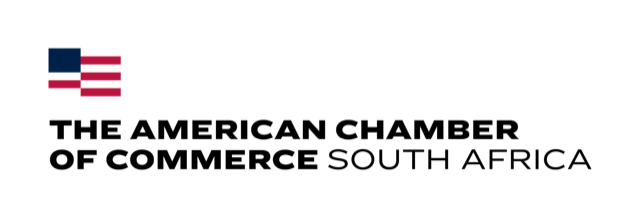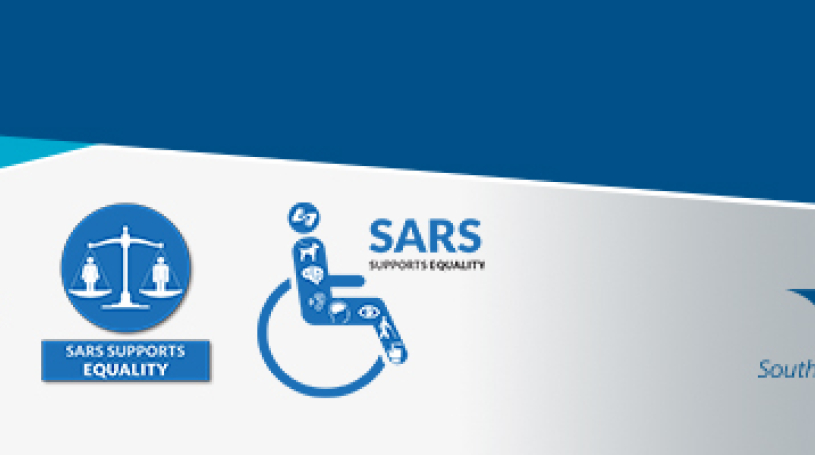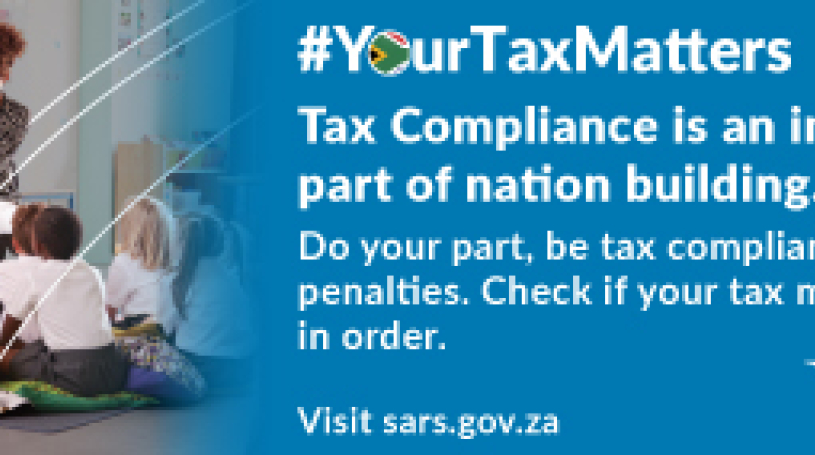IMPLEMENTATION OF THE AFRICAN CONTINENTAL FREE TRADE AREA (AfCFTA) AGREEMENT
The AfCFTA is a free-trade area, outlined in the African Continental Free Trade Agreement. The AfCFTA is the largest in the world in terms of participating countries since the formation of the World Trade Organisation.
On 5 December 2020, the 13th Extraordinary Session of the African Union (AU) Assembly of the Heads of State and Government approved a decision to commence preferential trade under the AfCFTA as of 1 January 2021 on the basis of legally implementable and reciprocal schedules of tariffs concessions.
In October 2021, the AfCFTA Council of Ministers (CoM) for Trade adopted the Ministerial Directive on the Provisional Application of Schedules of Tariff Concessions. The Ministerial Directive provided the legal basis for the countries that had submitted their tariff schedules in accordance with the agreed modalities, covering at least 90% of tariff lines, to trade preferentially amongst themselves. The Assembly of Heads of State and Government adopted the Ministerial Directive in February 2022.
The Southern African Customs Union (SACU) achieved a common offer covering 90% of its tariff book in February 2023. The offer was formally submitted to the AfCFTA Secretariat for verification. The Extraordinary Session of the AfCFTA Council of Ministers held on 31 May 2023 in Nairobi, Kenya, endorsed the SACU's Tariff Offer that was verified to be compliant with the modalities for tariff liberalisation with South Africa committing to operationalise the AfCFTA with effect from the 31 January 2024.
The following countries have finalised the necessary domestic legislation for the implementation of their respective tariff reduction commitments and are legible to trade with South Africa under the AfCFTA: Algeria, Cameroon, Egypt, Ghana, Kenya, Rwanda, and Tunisia. It should be noted that trading with the SADC countries takes place under the SADC Trade Protocol.
On the 31 January 2024, the Minister of Trade, Industry and Competition launched the implementation of the start of preferential trade by South Africa and SARS certified two consignments destined to Ghana and Kenya respectively.
SARS published the necessary legal instruments on the 26 January 2024 and the actual trade commenced on the 31 January 2024 for the approved published tariff offers to and from the countries mentioned above. The publications can be accessed on https://www.sars.gov.za/legal-counsel/secondary-legislation/tariff-amendments/tariff-amendments-2024/
Traders are reminded to ensure the following aspects to reduce origin irregularities and verification requests;
• Requirements of Supplier’s Declaration in case you are an exporter and not a producer,
• Declaration for Products not having preferential AfCFTA Origin Status,
• In box 11 to ensure that the six-digit HS Code in respect of each line of Goods described in Box 8 of the AfCFTA certificate is inserted,
• In box 12 to ensure the appropriate Origin Criteria Code applicable to the Goods being exported is inserted.
Below are relevant codes for the origin criteria under the AfCFTA.
| WP | Wholly produced - (Article 5) |
| SV | Substantial transformation – Value Added Content - (Article 6.1(a)) |
| SM | Substantial transformation – Material Content-(Article 6.1(b)) |
| SX | Substantial transformation – Change of Tariff Heading - (Article 6.1(c)) |
| SP | Substantial transformation – Process Rule - (Article 6.1(d)) |
| SC | Substantial transformation –Cumulation; and state the States Parties with which Cumulation was used -(Article 8) |
Traders must register with SARS as exporters or producers before they can trade under the AfCFTA. More information on registration can be obtained from our registration team on RLARegistrations@sars.gov.za.
Forms and relevant information regarding registration to trade under the AfCFTA can be found at https://www.sars.gov.za/customs-and-excise/registration-licensing-and-accreditation/
Please contact Rules of Origin team for more information about the AfCFTA at rulesoforigin@sars.gov.za or afcfta@sars.gov.za


